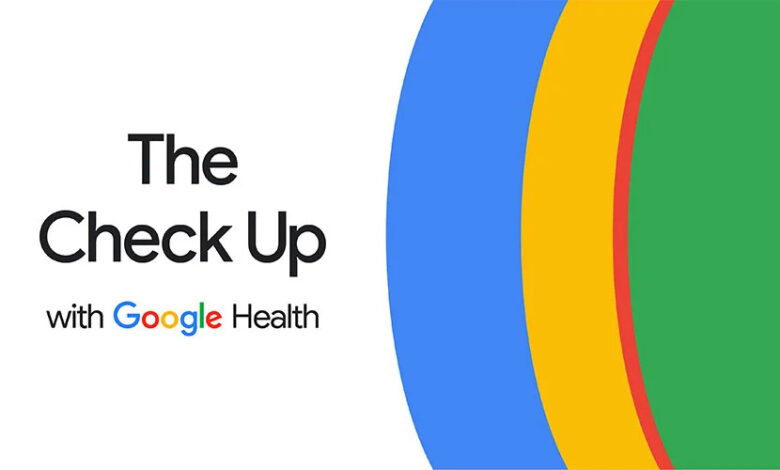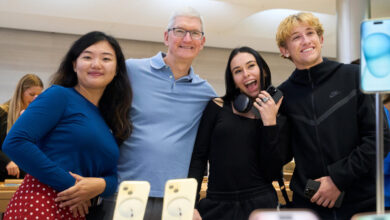
Like most other corners of the tech world, Google sees AI powering the next innovations in health technology. The company’s annual The Check Up event expanded on its plans to add a personal health chatbot to the Fitbit app, expand Google Lens for better skin condition searches and use a version of its Gemini chatbot in the medical field.
One of the more intriguing of Google’s announcements on Tuesday was more detail about an experimental AI feature for Fitbit users, briefly teased last year. Fitbit Labs will let owners draw correlations and “connect the dots” from health data tracked using their wearable devices. A chatbot in the mobile app will let you ask questions in natural language and create personalized charts to learn about your health.
The company hasn’t yet gone into great depth about the Fitbit chatbot, but an example it published Tuesday shows a user asking about potential connections between activity and sleep. The Fitbit assistant answered that the user’s days with higher activity scores correlated with better sleep (while cautioning not to assume that’s the only reason).
The Fitbit generative AI tool will arrive later this year. Google says it will (at least initially) only be available to Fitbit Premium subscribers with Android devices enrolled in the Fitbit Labs program.
The company sees Google Lens as filling some healthcare gaps where text-based searches fall short. It says a feature (introduced last year) that uses Lens to identify “visually similar matches from the web” for skin conditions is now available in over 150 countries. It can work even when you don’t know where to begin when describing a dermatological disorder.
In a similar light, Google has added new images and diagrams to its web results from reputable online sources to help you understand conditions like neck pain. Up next: The company sees the visual results powering its searches for more health conditions, including migraines, kidney stones and pneumonia. The visual search engine updates are expected to roll out over the next few months.
The company also mentioned that Fitbit and Google Research are partnering with health and wellness experts and other medical professionals to create a new AI model for health and wellness. The long-term goal is for the Gemini-powered large language model (LLM) to power its future AI features across Google’s various health offerings.
Source link





